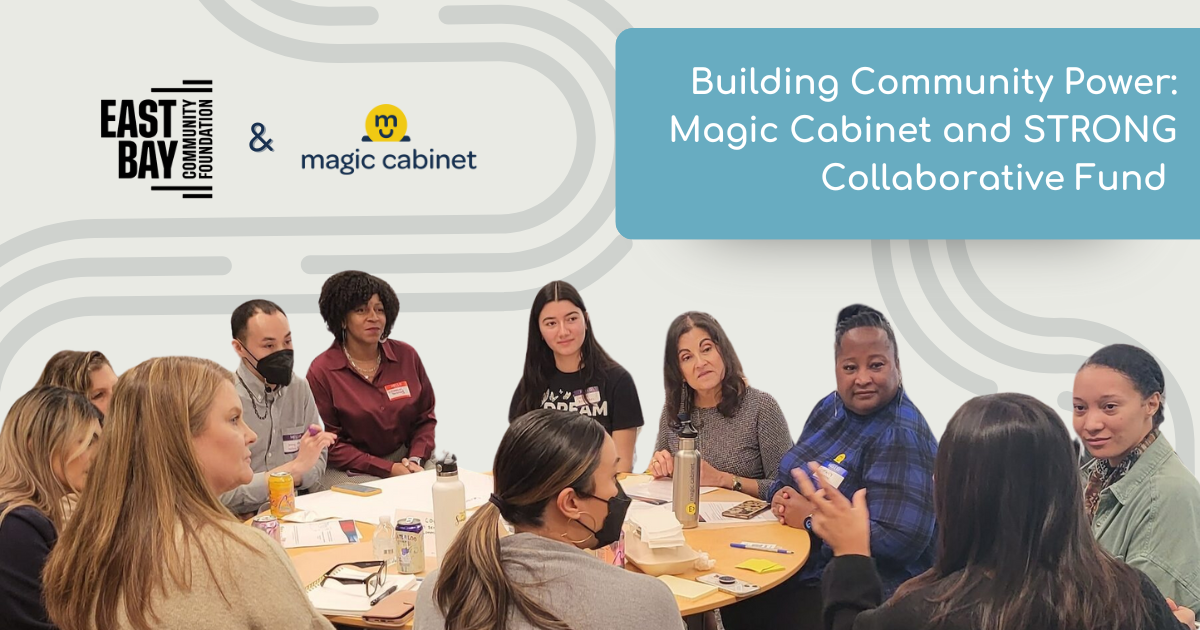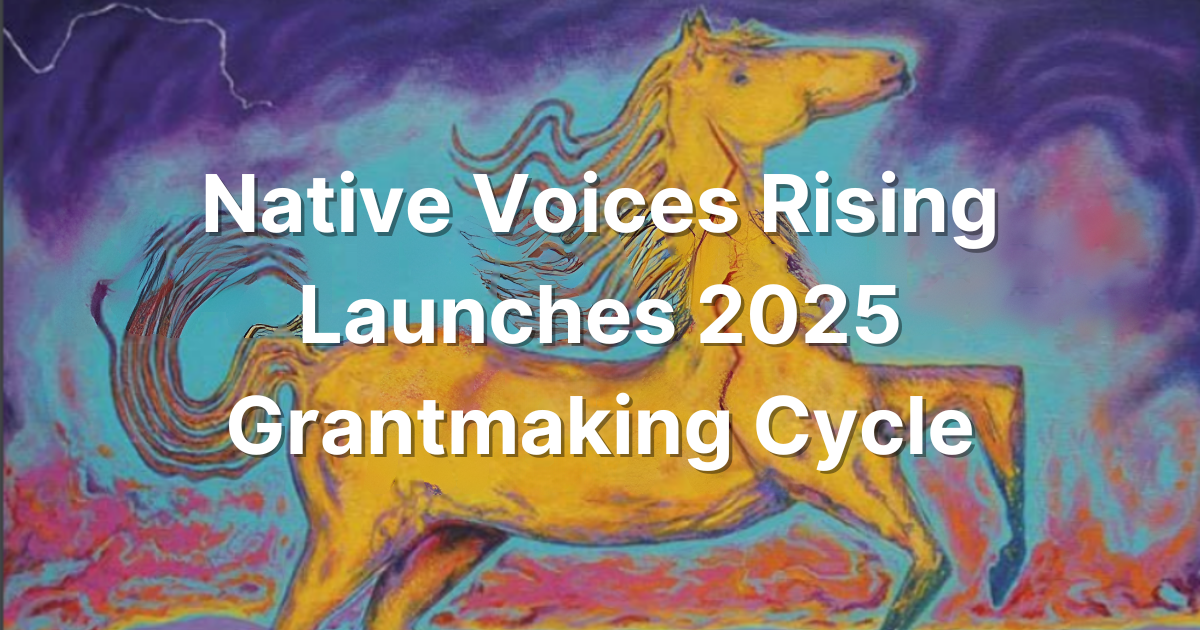About Us

Our Approach
Our grantmaking philosophy is supported by five grant-making pillars we’ve honed over the past 15 years. Together, they open a new approach to philanthropy that works more effectively for nonprofits and donors alike.

Listen First
Nonprofit leaders are experts in their fields and have a unique understanding of the communities they serve. Give them the tools they’re asking for and their organizations will flourish.

Focus on Capacity
An effective nonprofit is more than its programs. Help them grow stronger from the inside to accomplish their mission with an internal structure that will make an impact well into the future.

Long-Term Grants Only
Innovation takes time. Remain committed to funding a nonprofit’s grants for multiple years so that a process can be built and perfected with enough time to tackle new challenges.

Commit to a Community
Focus on one community at a time by listening to their cross-generational challenges. Then approach solutions from different angles to create a web of thriving services.

Collaborative Cohorts
Nonprofits have wisdom to share. Find nonprofits with mutually supporting missions and have them meet regularly to present grant proposals to one another for tangible feedback.
Our Mission
Magic Cabinet shifts philanthropy to center community.
Our Vision
We believe that by working in solidarity, nonprofits, community, and philanthropy can build a just and equitable world.
We're excited to share the details of our collaboration with East Bay Community Foundation's STRONG Collaborative Fund to accelerate $600K in capacity-building funding to grassroots and nonprofit organizations in East Contra Costa County, California.
What the Heck is Fiscal Sponsorship, Anyway?
For decades, fiscal sponsorship has served as a powerful, evolving tool for moving money, building capacity, and supporting social change. In this piece, our partners at Proximate break down the sometimes misunderstood practice.
Native Voices Rising has launched their 2025 Grantmaking Cycle, which will provide general operating support to strengthen Native-led groups that have a membership base in the community, work to develop leadership, and take collective action to win progressive social change.



